Hormonal imbalances can sneak up on women over 40—bringing symptoms like weight gain, hot flashes, mood swings, low energy, and trouble sleeping. As we approach perimenopause and menopause, our estrogen, progesterone, and cortisol levels fluctuate, affecting everything from metabolism to mental clarity.
The good news is your kitchen can be your first pharmacy. Nature has provided foods that nourish the endocrine system and promote hormonal harmony. In this post, we’ll explore the best hormone-balancing foods for women over 40 and how to add them to your daily meals.
1. Flaxseeds – Nature’s Estrogen Balancer
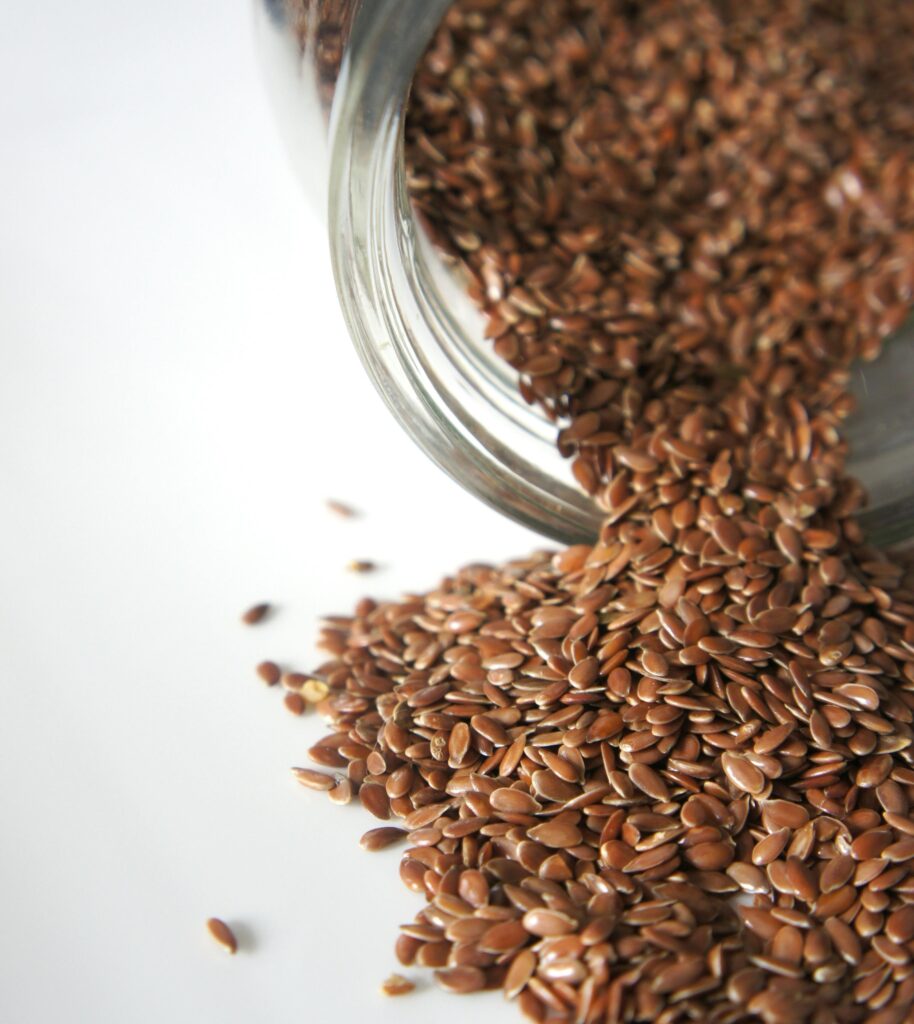
Flaxseeds are rich in lignans, a type of phytoestrogen that mimics estrogen in the body—making them ideal for women with declining estrogen levels.
How to Use:
- Add 1 tablespoon of ground flaxseeds to your smoothie, oatmeal, or yogurt daily.
- Mix into baked goods like muffins or pancakes.
2. Cruciferous Vegetables – Liver Detox Support

Broccoli, cabbage, kale, and Brussels sprouts support estrogen metabolism in the liver, helping remove excess estrogen that can cause PMS or fibroids.
Simple Recipe: Garlic Roasted Broccoli
Toss broccoli florets with olive oil, garlic, and a pinch of sea salt. Roast at 200°C for 20 minutes.
3. Avocados – Healthy Fats for Hormone Production
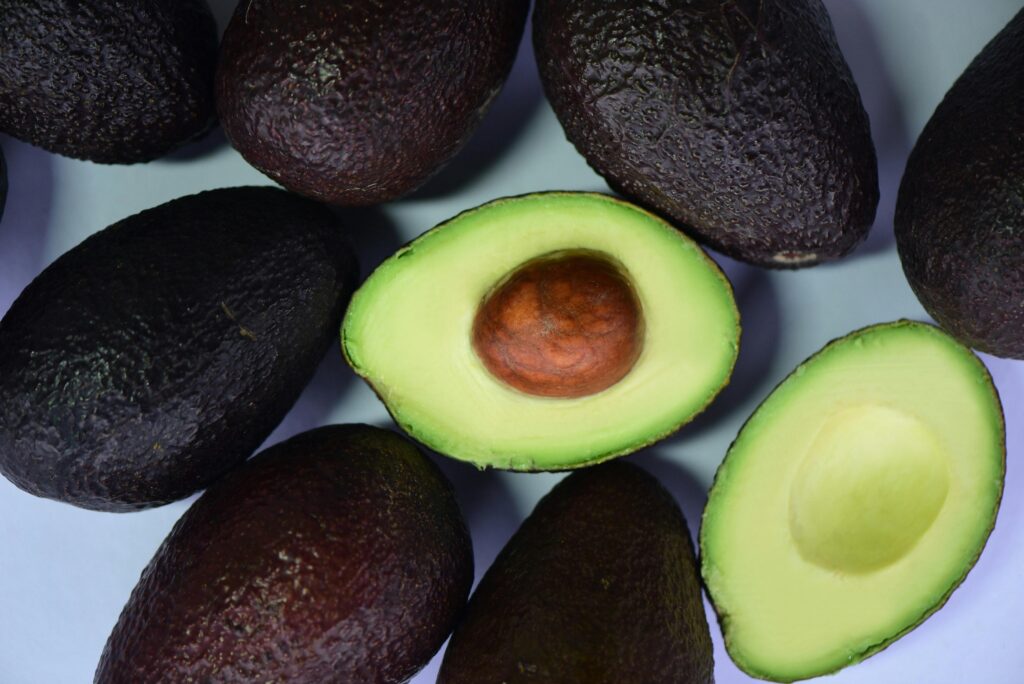
Avocados are packed with monounsaturated fats, fiber, potassium, and magnesium—all vital for adrenal support and hormone production.
Tip:
Use avocado as a spread, in salads, or blended into smoothies for a creamy texture and hormone help.
4. Wild-Caught Salmon – Omega-3 Powerhouse
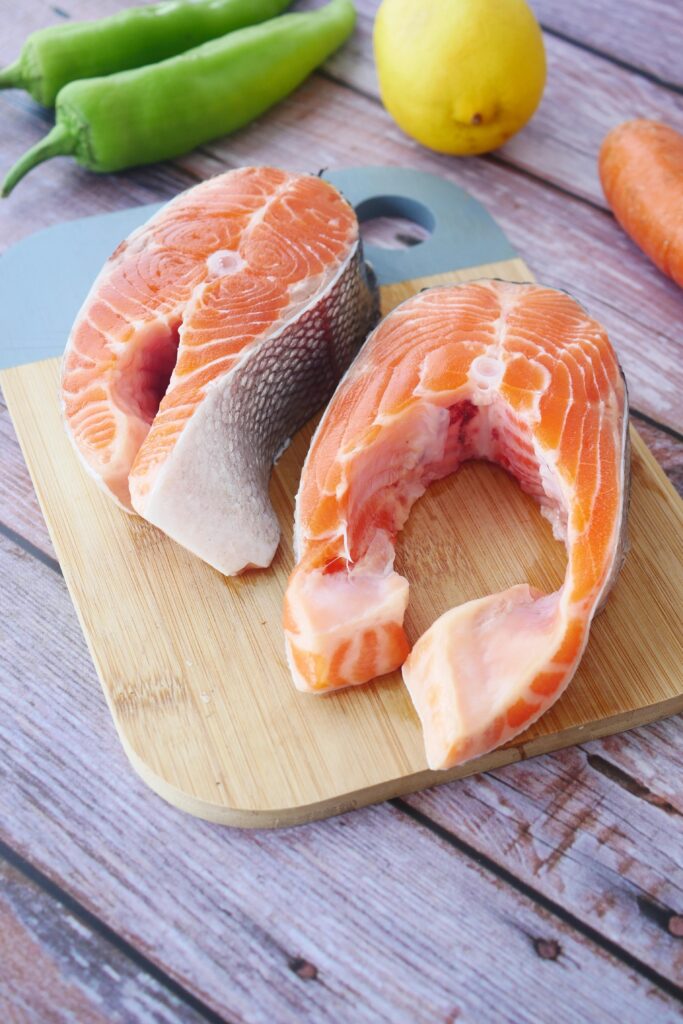
Omega-3 fatty acids are essential for reducing inflammation and supporting thyroid and reproductive hormones. Salmon is also a good source of vitamin D and protein.
Serving Suggestion:
Enjoy grilled or baked salmon 2–3 times per week.
5. Leafy Greens – Magnesium & Iron Boost

Spinach, Swiss chard, and kale are rich in magnesium, which calms the nervous system, and iron, which supports energy levels—both crucial for hormone balance.
Add To:
Smoothies, soups, stews, or sautéed with garlic.
6. Eggs – Protein and Choline Source

Eggs support hormone production through high-quality protein, choline, and healthy fats.
Quick Tip:
Start your day with boiled or scrambled eggs paired with avocado toast for a hormone-friendly breakfast.
7. Quinoa – Plant-Based Protein and Fiber
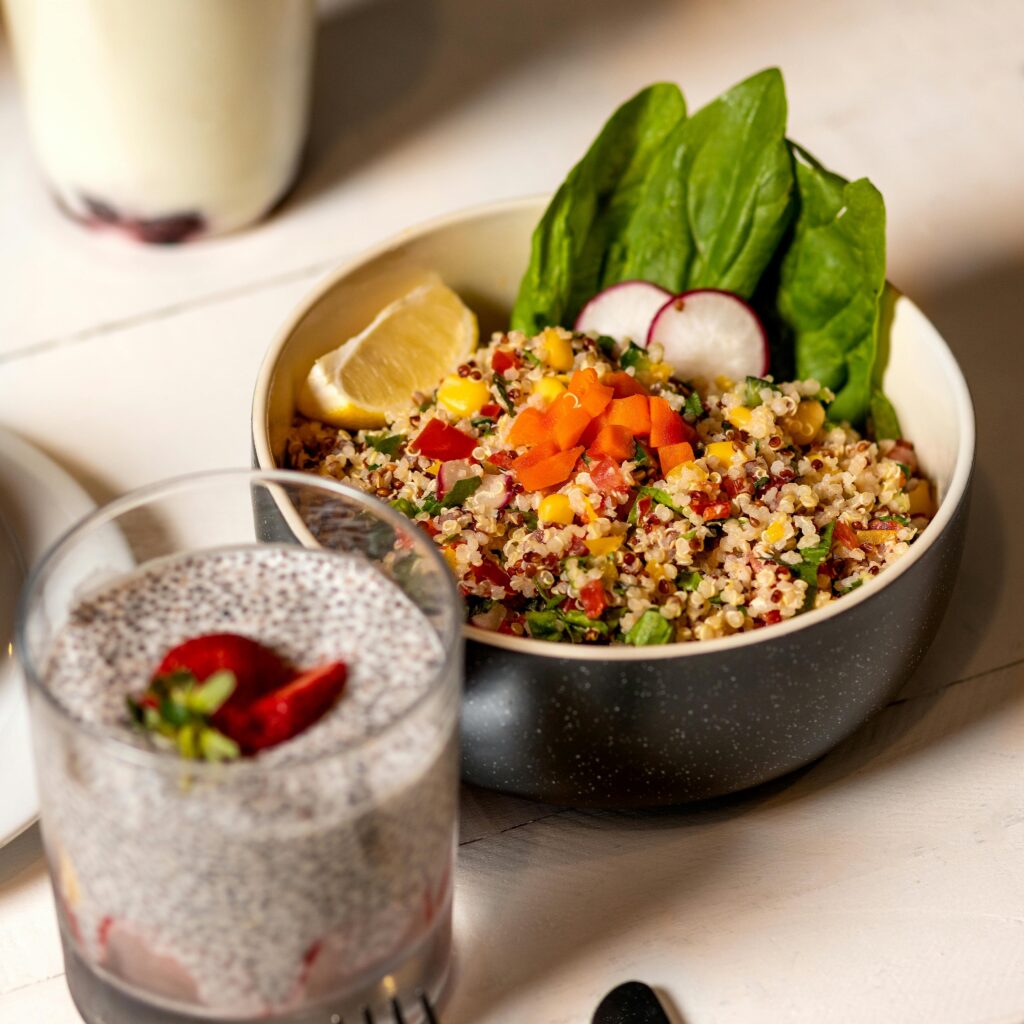
Unlike refined grains, quinoa stabilizes blood sugar levels, reducing cortisol spikes that affect weight and mood.
Try This:
Serve as a base for grain bowls, with roasted veggies and a boiled egg.
8. Berries – Rich in Antioxidants
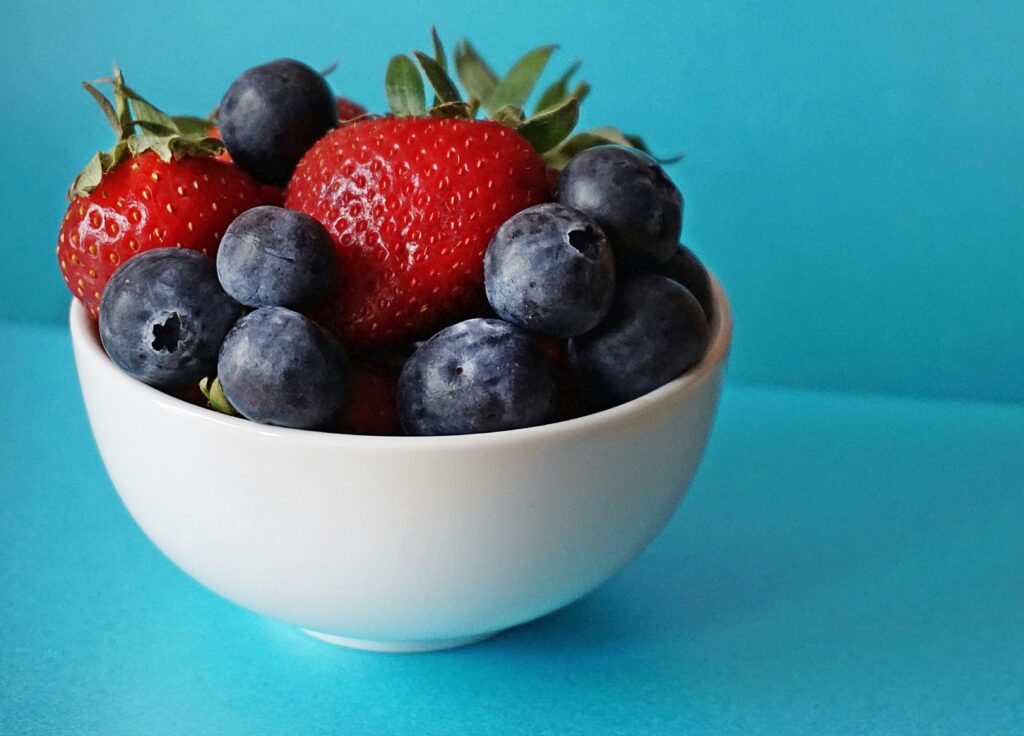
Strawberries, blueberries, and raspberries fight oxidative stress and reduce inflammation, improving hormone receptor sensitivity.
Quick Snack:
Mix a handful of berries with Greek yogurt or blend into a smoothie.
9. Turmeric – Balancer of Cortisol

The curcumin in turmeric helps reduce inflammation and regulate cortisol—your stress hormone.
Golden Milk Recipe:
Blend 1 cup of almond milk with ½ tsp turmeric, ¼ tsp cinnamon, ¼ tsp ginger, and a touch of honey. Warm and enjoy before bedtime.
10. Pumpkin Seeds – Zinc for Reproductive Health
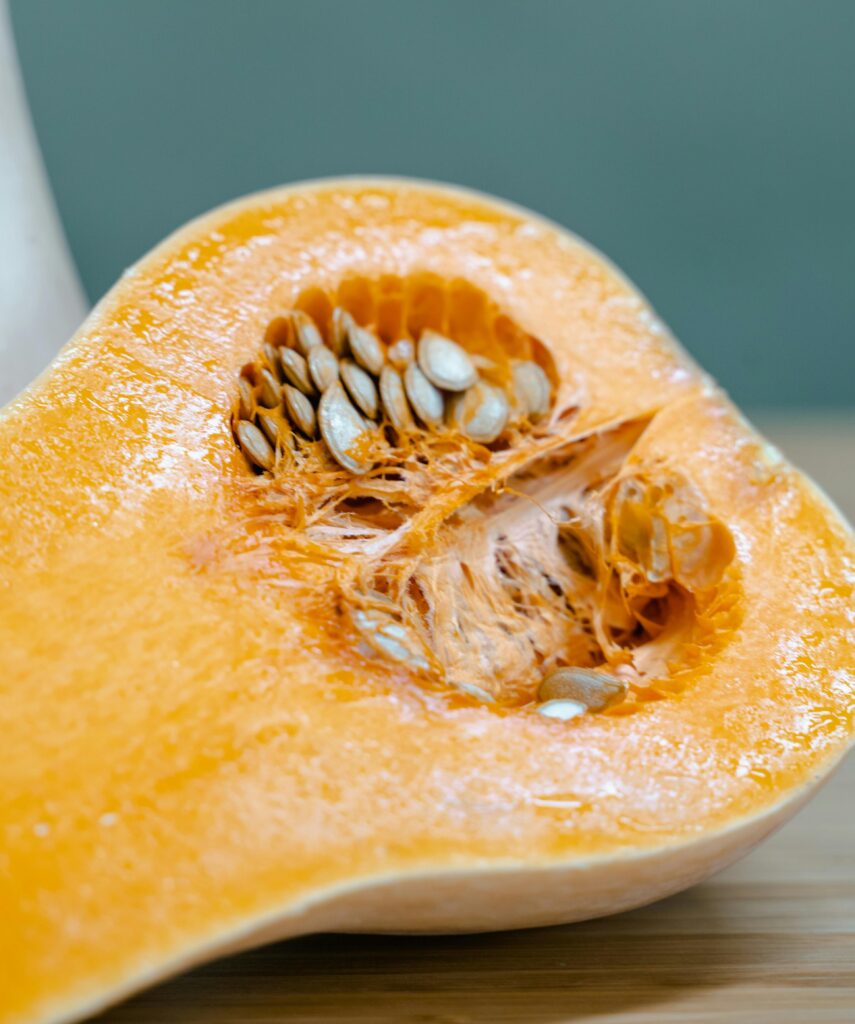
Pumpkin seeds are a rich source of zinc, which is critical for progesterone production and immune support.
Snack Idea:
Roast with a little sea salt and sprinkle over salads or soups.
Internal Links You May Also Like:
- 7 Anti-Inflammatory Foods Every Woman Over 35 Should Eat Weekly
- 5 Healthy Breakfast Recipes for Weight Loss
FAQ
Q1: How long does it take for food to impact hormone balance?
A: You may begin noticing changes in energy, mood, or sleep within 2–4 weeks of consistent healthy eating, though full hormonal balance can take longer depending on your body.
Q2: Should I avoid soy if I’m balancing hormones?
A: Organic, fermented soy like tempeh or miso can be beneficial in moderation, especially for women with low estrogen.
Q3: Are these foods safe during perimenopause or menopause?
A: Yes! These foods are especially helpful during those stages. They support overall health and help manage symptoms naturally.
Q4: Can I still enjoy coffee or sugar while balancing hormones?
A: In moderation. However, excess caffeine and refined sugar can spike cortisol and insulin, leading to further imbalance.
Healthy eating consistently can result in noticeable changes within 2-4 weeks.
Visit royaltyvisionwellnesskitchen.com for more tips and recipes.
